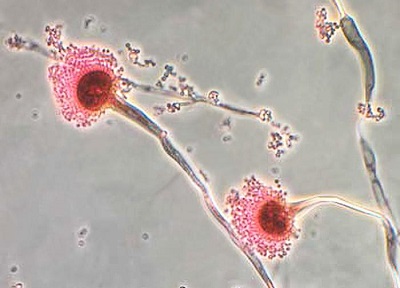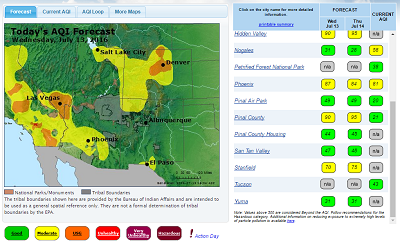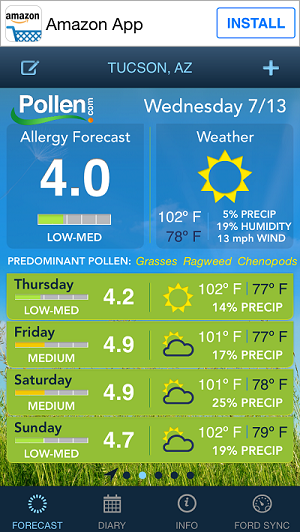Mold Expertise Is Limited With Home Inspectors
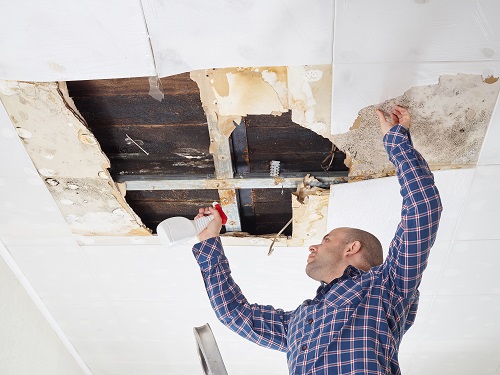
Mold expertise is limited with home Inspectors, this is true. There are several limitations when it comes to home inspections in Arizona but the biggest we’ve seen revolves around the incorrect identification or complete avoidance of reporting on mold. Mold expertise is limited with home inspectors and the truth actually is that Arizona licensed home inspectors aren’t required to inspect for nor report on mold if it is present in the home. This can be found in the Arizona State Board of Technical Registration documentation on licensing for home inspectors. Section 3 for “General Limitations and Exclusions”1 states the following on mold assessment as well as other inspection limitations and exclusions. Mold expertise is essential to successful home inspection.
3.2 General exclusions:
Inspectors are NOT required to report on:
- life expectancy of any component or system.
- the causes of the need for a major repair.
- the methods, materials and costs of corrections.
- the suitability of the property for any specialized use.
- compliance or non-compliance with applicable regulatory requirements.
- the market value of the property or its marketability.
- the advisability or inadvisability of purchase of the property.
- any component or system which was not observed.
- the presence or absence of pests such as wood damaging organisms, rodents, or insects.
- cosmetic items, underground items, or items not permanently installed.
Inspectors are NOT required to:
- offer warranties or guarantees of any kind.
- calculate the strength, adequacy, or efficiency of any component or system.
- enter any area or perform any procedure which may damage the property or its components or be dangerous to the inspector or other persons.
- operate any component or system which is shut down or otherwise inoperable.
- operate any component or system which does not respond to normal operating controls.
- disturb insulation, move personal items, furniture, equipment, plant life, soil, snow, ice, or debris which obstructs access or visibility.
-
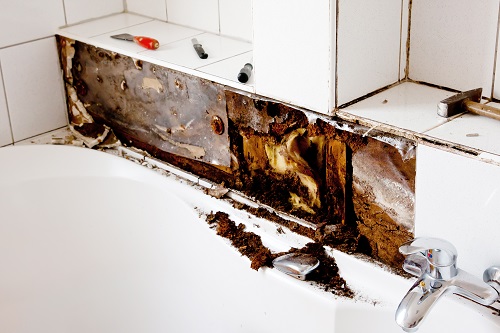
Mold Damage determine the presence or absence of any suspected hazardous substance including but not limited to toxins, fungus, molds, mold spores, carcinogens, noise, contaminants in soil, water, and air.
- determine the effectiveness of any system installed to control or remove suspected hazardous substances.
- predict future conditions, including but not limited to failure of components.
- project operating costs of components.
- evaluate acoustical characteristics of any component or system.
Quite simply, most home inspectors are not educated about molds. This can come as quite a shock to current and seeking homeowners who are otherwise relying on home inspectors to give them the “full report.” To remove any doubt and protect yourself, family, and home, a professional and licensed mold assessor should be part of any home inspection process. Royalty Renovation not only can help with inspecting for mold but also in the process of mold removal, should it be found.
Some home inspectors may see (or believe that they see) mold and will want to make that part of their report. While this is good-nature, the home inspector may not be a licensed mold assessor and could unintentionally be providing incorrect information. Health problems arising from inaccurate home inspection reporting on mold presence prompted the State of New York Department of Labor to require that all home inspectors that report on mold in a home to additionally be a licensed Mold Assessor.2
The move by the State of New York has helped better protect homeowners and occupants but unfortunately the State of Arizona does not have such requirements. This leaves it the responsibility of those seeking inspections and reports on their home to ensure that a fully experienced and licensed mold assessor is acquired.
Other states that don’t require home inspectors to be mold assessors, if reporting on mold, have made the effort to strongly encourage homeowners to seek additional licensed specialists to supplement the work of the home inspector. The State of Massachusetts has published Other Inspections and Tests to Consider3 in which they specifically outline the importance for seeking qualified specialists beyond their home inspector in determining the “health” of a home in regards to dangerous agents like moldIt is strongly recommended that potential buyers consider having the following inspections and/or tests performed prior to signing the final purchase agreement:
- Lead paint
- Water quality ( is it drinkable)
- Wood destroying insects, including termites.
- Air quality, including radon gases.
- Fungi, mold and allergens.
While some home inspectors are qualified to offer these services, these inspections and tests are not part of the basic home inspection and should be contracted through qualified licensed professionals (of your choice and hire) in those fields.
The concern over lack of regulations and licensing for home inspectors with mold expertise is becoming a larger issue all across the country. This is why mold expertise is not a concentrated area with home inspectors. In New Orleans where hundreds of thousands of residents experienced mass flooding damage from Hurricane Katrina back in 2005, WDSU 6 local news station reported on this lack of government oversight4. Their news report on “Law shows home inspectors not required to tell buyers about mold, asbestos” highlights the struggles that residents of New Orleans are still dealing with in regards to water damage and mold, even though it’s been more than 10 years since Hurricane Katrina devastated the Gulf Coast area.
Video Source – WDSU News YouTube Channel
Just this year the State of New Hampshire passed new regulations on the requirements surrounding advertising for and performing mold assessment. Their Office of Professional Licensure and Certification made effective January 1, 2016 that – “No person shall perform residential mold assessment services for remuneration unless that person possesses a valid national third party certification for mold assessment.”5
In Arizona we can’t think of home inspections any more as being a “full report” but more of a “structural report” while a professional and licensed mold removal specialist like Royalty Renovation would be the official “mold report” of your home. Mold expertise is limited with home Inspectors, there is no way around it. Royalty Renovation’s inspection report would provide you with the information you need to better keep yourself and your family protected against harmful agents like mold that may be lurking inside. Royaly Renovation have mold expertise to assess your problem and make a concise determination of the damage and the solution to your mold problem.
Check out a full checklist for home inspections that the Arizona Chapter of the American Society of Home Inspectors (AZ ASHI) publishes6. This checklist is made available to the public and and assists in assuring that a home inspection report complies with The Arizona Standards of Professional Practice for Home Inspectors. It should be noted that the AZ ASHI chapter makes no mention of mold in any part of their checklist.
References
- Arizona State Board of Technical Registration. (2016). Home Inspector Standards. https://btr.az.gov/laws-standards/standards/home-inspectors#block-system-main
- New York State Department of Labor. (2016). Home Inspectors and Mold Assessment Licensing. https://labor.ny.gov/workerprotection/safetyhealth/mold/mold-assessor-license.shtm
- Massachusetts Consumer Affairs and Business Regulation. (2016). Home Inspectors Consumer Fact Sheet; Other Inspections and Tests to Consider. http://www.mass.gov/ocabr/government/oca-agencies/dpl-lp/consumer-fact-sheets/home-inspectors-consumer-fact-sheet.html
- WDSU Channel 6 News. (2013). Law shows home inspectors not required to tell buyers about mold, asbestos. http://www.wdsu.com/news/local-news/new-orleans/Law-shows-home-inspectors-not-required-to-tell-buyers-about-mold-asbestos/18974244
- State of New Hampshire, Office of Professional Licensure and Certification. (2016). Home Inspectors.
- Arizona Chapter of the American Society of Home Inspectors (AZ ASHI). (2016). Report Checklist Supplement. https://azashi.org/pdfs/Dec_2012_Report_Checklist_Supplement.pdf




